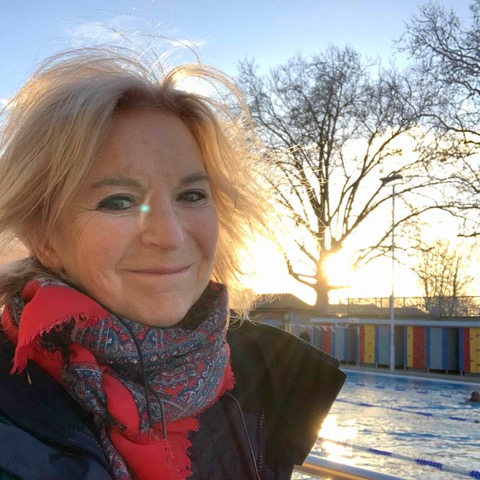Home
Focus Areas
About Us
Mongolia's capital city of Ulaanbaatar is growing quickly, with the number of people living in urban areas in the country increasing from 58% in 1990 to nearly 70% in 2016, Phys.org reports.
Many of those residents live in what are known as "ger areas," areas that lack basic services such as plumbing, electricity, and clean water.
"The lack of medical resources combined with astronomical levels of pollution and food insecurity pose a threat to all residents, but young children and pregnant women in particular," says Daria Azbayar, a social innovation lead for GerHub, a nonprofit that works with residents of Songinokhairkhan, the fastest-growing ger district in Ulaanbaatar.
About half of the district's residents live in traditional gers, structures made of organic materials like wood and thick fabric.
Azbayar says residents were initially reluctant to participate in events hosted by the Ger Innovation Hub, a community center designed to replicate the traditional structure of a ger.
The center borrows structural elements from the ger design but substitutes cloth for polycarbonate sheets that can expand and contract in extreme temperatures without breaking.
The sheets also enable natural light to enter the space, minimizing the need for electricity.
The center is designed to maximize energy efficiency by trapping heat within
Selected Grant News Headlines
A customized collection of grant news from foundations and the federal government from around the Web.
Foundation: Jim Joseph Foundation
The Jewish Emergent Network is a loose affiliation of seven Jewish organizations.The network passed on its core initiatives to the Jewish Social Justice Roundtable and Atra.Many of the rabbis who...more
Elise May, a former HEARTS Board Member, is an independentTeaching Artist/Arts Administrator, educator, actor, singer, and writer.She works with actors, school districts, libraries, and ...more
Environmental science majors study the science behind environmental challenges like climate change, pollution, and habitat destruction.An urban studies major focuses on the design and management of...more
Emporia Area Chamber of Commerce and Ignite Emporia embody these values through a proactive approach to creating an environment for business and community success.81% of adults consider their local...more
The Creative Capital Foundation selected 55 artists and collectives for its annual grant award from a pool of over 5,600 applicants.Each grant provides $50,000 of unrestricted project funding...more
Kindle Farm School is a therapeutic day school serving 50 students in grades 3-12.One hundred percent of Kindle Farm's student body is comprised of students who qualify for special education within...more
Creative Sonoma's leadership benefits schools and artists in the county.A grant program provides funding for school districts to create strategic arts plans.The Emerging Artists Incubator at the...more
The impact of philanthropy in London: A legacy of giving | London Daily News.From historical figures to modern-day benefactors, philanthropy has played a crucial role in addressing social challenges...more
Innovative ideas from Plymouth County youth earn $2,500 grant for community improvement.The project is designed to provide youth with opportunities to learn about community development and how their...more
The foundation supports local nonprofits, schools and community groups in the areas of community development, environment, education, aging in place, business development, arts and culture and youth...more
Community Building News from...
Wells Fargo Foundation
New Hampshire Charitable Foundation
Community Foundation of Southeast Kansas
Dallas Foundation
Oak Park-River Forest Community Foundation
Greater Washington Community Foundation
Rhode Island Foundation
Community Foundation for Greater Atlanta
California Community Foundation
Arizona Community Foundation
Social Entrepreneurship
Spotlight
Together TV, the Channel that Helps You Channel Your Inner Good

Caroline Diehl is a serial social entrepreneur in the impact media space. She is Executive Chair and Founder of the UK’s only charitable and co-operatively owned national broadcast television channel Together TV, the leading broadcaster for social change runs a national TV channel in the UK and digital platform which helps people find inspiration to do good in their lives and communities.











